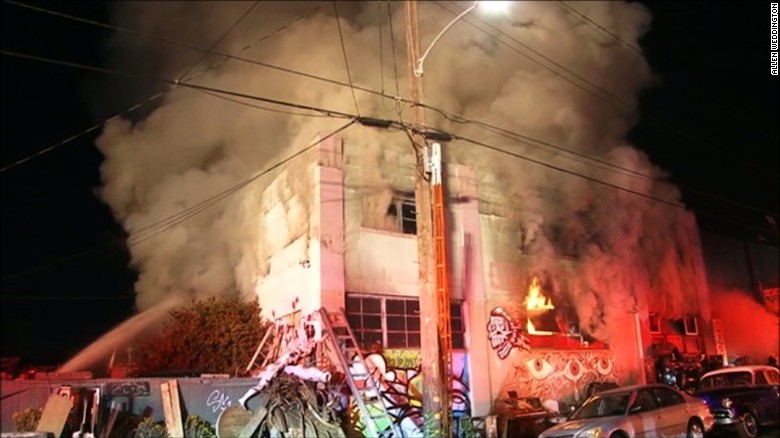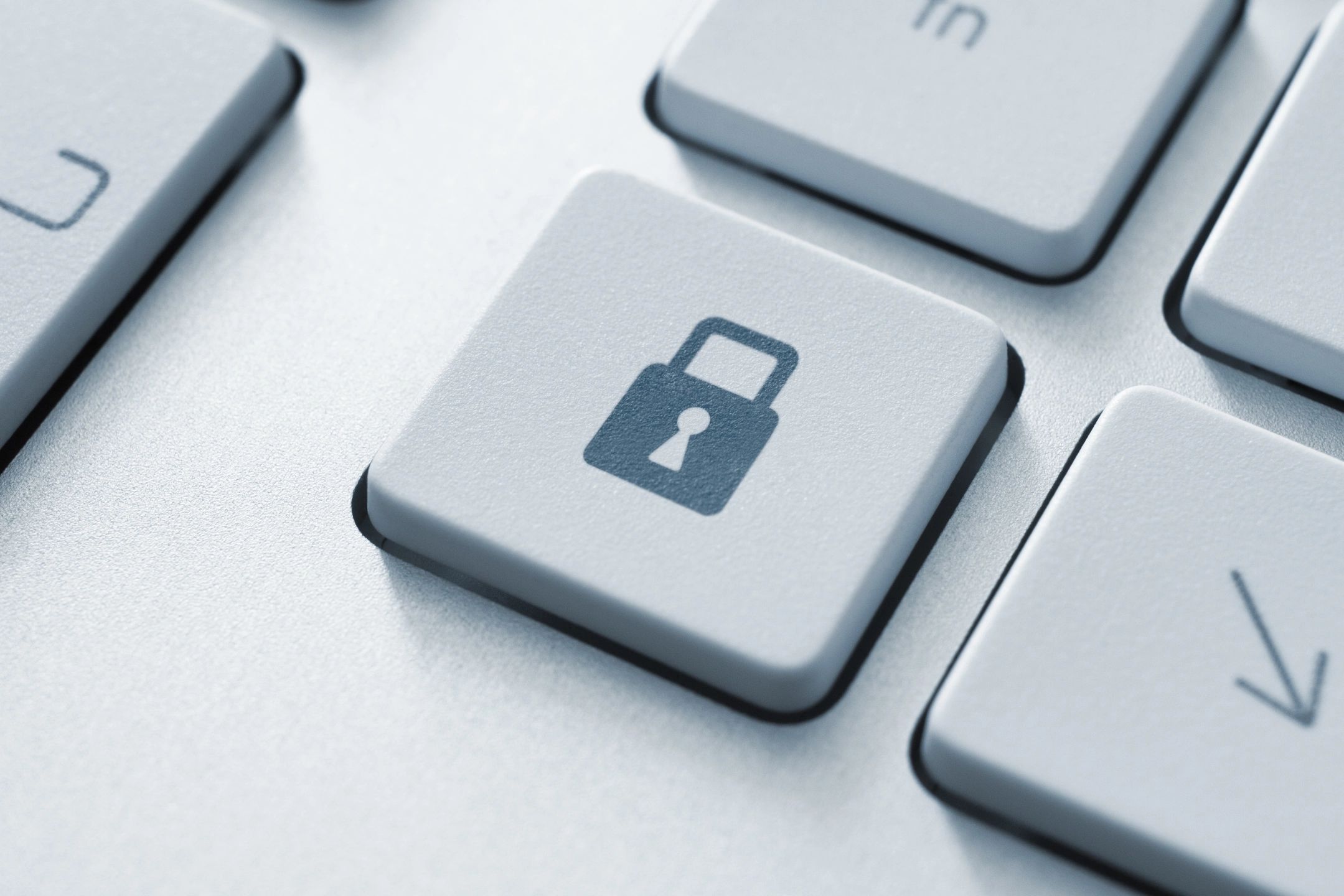Let me start by saying my heart and prayers go out to the families and friends that lost loved one in this tragic event. I hope they can find peace and be comforted through this terrible time.
I don’t want to dwell on this or point the finger of blame. I admit that I don’t know enough of the facts to pass judgement, nor do I think the detectives have the full story yet either. Although, I do want to spread a word of caution to business owners and landlords – especially Commercial Landlords.
Early reports state the owner leased this property to an individual that seems to have sublet it out as residences, art studios and event hall. The legality of all of this will be a topic of much debate in the near future and I foresee the owner’s insurance Carrier already mounting forces to distance itself from the claim due to the illegal occupancies. Whether the landlord was aware of this or not should determine the extent of his/her culpability.
However, I want to focus on the moral and ethical responsibility of landlords to insure their properties are safe. These Many of these are no brainers and take more effort than money:
- Landlords, you need to know who is occupying your property. I think gone are the days of plausible deniability. Even if you have a property that is vacant it could quickly be inhabited by squatters (and you can still be held liable under some circumstances for destruction to other’s property). If you prefer a more hands-off approach, enlist the services of a property manager and stipulate a specific number of property visits in the contract.
- Fire Safety: newer buildings should all be equipped with fire safety devices … interior fire sprinklers would be the best – this is a huge asset. At a minimum, fire extinguishers, smoke & carbon monoxide should be employed and checked every 6 months to ensure viability. It is a good practice to require (via lease) that the tenant check these and keep them in good working order. Again, this is another important area to check every so often.
- General accessibility – In this instance, it seems there was only one ingress/egress to the second floor (where events were held), early reports stated that the stairs in were made of pallets. One access made of highly flammable materials that were not permanently affixed is highly suspect as well. Depending on the size, buildings should always have multiple access points for quick and easy evacuation.
- Maintenance Plans – as business owners we have a ton on our plate. Sometimes, building/location maintenance falls lower and lower down our list of priorities. Wiring, roofs, water heaters, plumbing, mechanical equipment … this list goes on … just does not last forever. Without routine inspections, a maintenance plan and replacement plan you will constantly be behind the game. Setting these up takes time, but implementation requires only follow through. Larger companies with maintenance departments have a leg up as they employ individuals to manage this for them; but owners still need to be involved and aware – ultimately, the buck stops there.
- Tenant Insurance – I have spoken with many small business/commercial landlords over the years and I am constantly amazed that many still do not require their tenants to carry sound insurance coverage naming them as Additional Insured. This to me is really a deal killer. It doesn’t require much on your part – other than a bit of follow up – and can make a night and day difference in your risk.
I guess my main point is really to stress being actively engaged and aware. Insurance policies are bound and put in place to insulate against risk, but that doesn’t let us off the hook of responsibility if we are found wanting. Carriers have insulated themselves through the policies as well and are very specific about what they will and will not cover – often denying coverage in the event of illegal property use, lack of safety standards/willful ignorance of building code standards.
Be safe. Be smart.
(Photo credit – CNN – Allen Weddington)





